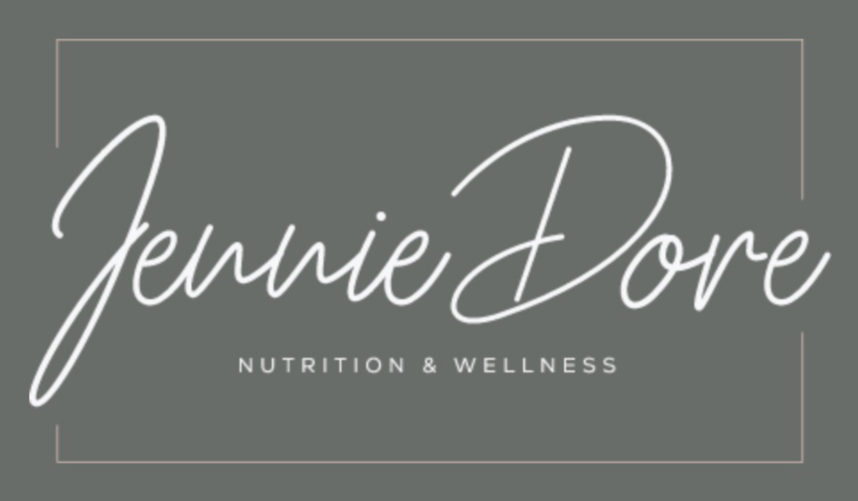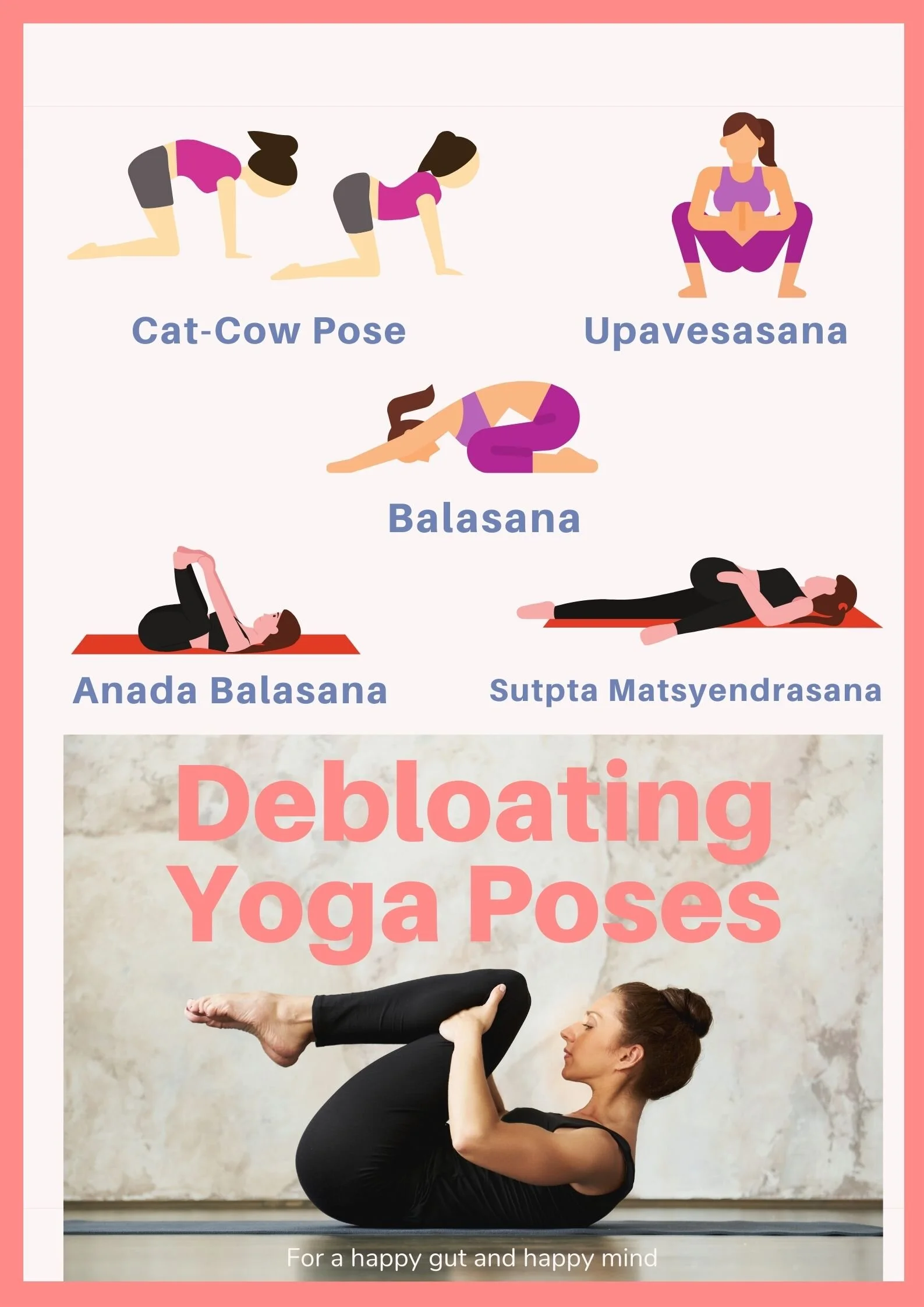12 Jul Bloating!
Digestion & Bloating!
Our stomach is one of the most socially constructed and criticized definitions of “health” many of us tend to obsess over. When we see changes within our bodies from bloating and gas this can be very painful and uncomfortable experience to endure and talk about!
There is a level of bloating that can be normal after eating and types of bloating that can be minimized. Let’s dive more in to this topic!
What is bloating?
Why does it happen?
What can we do about it?
Why do we bloat?
Our digestive system contains enzymes that help break down the food we consume. When we eat foods that are high in fiber, lactose (if you have an intolerance) or artificial sweeteners, these enzymes aren’t able to fully break down the carbohydrates present in these types of food. These undigested nutrients then move unabsorbed into the colon.
In the lower GI tract, our healthy gut bacteria consume parts of the unabsorbed food and produce gas. Air pockets start to form in the colon and large amounts of water move to the colon to counteract the large food particles that still remain in the colon. This air and water in the colon are responsible for the bloating and gas that can happen.
This can obviously be Super Uncomfortable! Digestive distress not only affects our physical body but it impacts our thoughts and mood as well.
What can cause bloating?
Swallowing excessive air
Eating too quickly
Chewing gumEating while talking
Eating certain foods
Introducing gas into the stomach through carbonated beverages
Slow gut motility (ability to move food through the GI tract)
Increased sensitivity in the gut nerve endings through stress or anxiety
Food sensitivity, intolerance or allergy
High salt/processed food diet
Sugar alcohols
Under eating
What Foods Can Cause Bloating?
Certain carbohydrates from fiber
Fiber is the non digestible part of plants. Foods high in fiber include veggies, beans and lentils. The body does not breakdown fiber so it is moved into the colon where our healthy gut bacteria consume parts of the unabsorbed food and produce gas in the process of fermentation.
This is Good! But if you’re starting to add more fiber into your diet, start slow and drink plenty of water.
Dairy foods (typically as a result of lactose, if you are intolerant)
Sugar alcohols
Artificial sweeteners
Foods high in sodium / highly processed foods
What can you do to cope in this uncomfortable state?
Preventatively
Digestion begins top down
Eat slowly, put your utensil down between bites
Chew your food
Sip water
Minimize distractions
Eat in a calm, relaxed environment
Reduce salt – highly processed foods can pull more water into the gut and lead to bloating
Reduce sugar alcohols – xylitol, sorbitol and mannitol (diet sodas, gum, other sweets)
Ways to Manage Bloat
Slowly sip water
Staying hydrated and drinking more water will aid in moving that food through your GI tract. This is especially important for digesting foods high in fiber that may be your bloating culprit.
Drink peppermint tea
Rub peppermint oil onto your lower abdomen
Go for walk
Apply a heating pad
Yoga
Some yoga poses help to move that water and air pockets along within your colon. Stay in these poses for as long as you want until some of the pressure and tightness in your stomach are relieved.
Wear comfortable Clothes
There’s no need to aggravate your stomach more by being in constricting clothes. Throw on your comfy sweatpants or pj’s and cuddle you in a blanket with hot lemon water or tea. If your body is feeling unwell, give yourself the self-care and self-love you deserve.
Everything is Temporary
This discomfort is temporary and important to give your body time to do its thing and get back to your normal digestive patterns.
Our body is changing not only throughout the course of our lives but in the span of a single day. Your body is always working FOR you. Start listening, trusting and respecting it more, and start to watch it thrive!
One of the first things I do with my nutrition clients is have them do a food, feelings and lifestyle journal to bring awareness to their daily habits and patterns. Through being more aware of your body and recognizing how you feel with certain foods or behaviors we can better understand the root cause and implement lifestyle changes.
Healthy eating and proper digestion are not just about eating perfectly and counting macros. It often entails eating Enough for your body to function optimally and taking care of your basic needs.
If this is something you are struggling with I would love to talk with you more and see if we would be a good fit to work together and create an individualized roadmap for you!
Head over and fill out my nutrition coaching application and I will reach out to you to set up a free discovery call!


